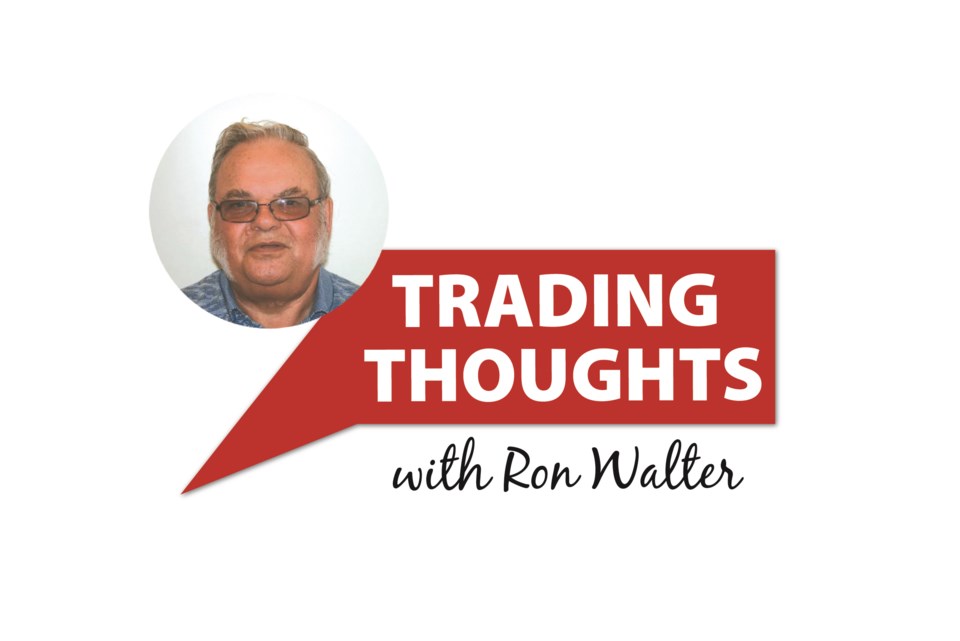The Donald Trump desire for a big real estate deal, making Canada the 51st American state (doesn’t seem to be dead.)
The Trump idea to annex Canada or Greenland is not new.
The United States of America was built on real estate deals, starting with purchase of Manhattan Island from the natives. Most of the U.S.A. territory was acquired for cash.
The Louisiana Purchase bought all the territory adjacent to the original 13 states between the Florida and the 49th Parallel west to the Mississippi River.
When the Mexican War was settled, the United States paid $15 million for a territory including California, Nevada, Utah, Arizona and New Mexico.
When Russia got into financial difficulties, the United States bought Alaska.
President Trump has claimed the United States doesn't need anything from Canada, even though Canada is a huge exporter to the United States.
Trump is planning trade deals to ensure his country no longer needs Canadian imports.
He signed a deal with Ukraine to obtain ownership of 50 per cent of unproven critical minerals and proven deposits. A few weeks ago, Trump signed a deal with Indonesia to get full access to that country’s massive nickel deposits. These trade deals apparently show Trump wants to possibly isolate Canada and make it poor.
Negotiating a trade deal between Canada and the United States resembles a gorilla and a spider monkey fighting.
To survive as a separate sovereign nation, it seems Canadians will have to sacrifice much.
Sacrifices will extend to the 2026 re-negotiation of the Canada-U.S.A.-Mexico trade agreement.
Don’t expect the pressure on Canada to ease significantly if and when Trump and the Republicans no longer control matters.
Democrats have never been that friendly to Canadian trade and will probably also be loath to undo the Trump deals. Note that Democratic President Joe Biden never lifted the steel and aluminum tariffs Trump imposed.
Canada does have opportunities to diversify trade and ensure Canadians support Canadian industry over imports.
The announcement by Prime Minister Mark Carney to shift trade imports to local steel production seems to be on the right track — controlling what we can control.
In this world of trade protectionism, it doesn't make sense to import two-thirds of the steel we use when Canadians can supply most of the imports.
Rebuilding the Canadian economy will require sacrifices, from higher prices to job losses, loss of government programs, to higher taxes to support government plans and reduce deficits.
A temporary two per cent increase in the GST to balance the budget has already been floated.
Canadians haven’t had to make such sacrifices since the Second World War, when consumer goods from groceries to gasoline were rationed and the government ran massive bond campaigns to soak up savings for the war effort.
Rationing is unlikely and likely unacceptable to voters.
Diversifying trade from the U.S.A. is easy to say, but difficult to achieve.
Every other nation that faces Trump tariffs will try and diversify trade. Competition will be fierce.
Ron Walter can be reached at [email protected]
The views and opinions expressed in this article are those of the author, and do not necessarily reflect the position of this publication.




